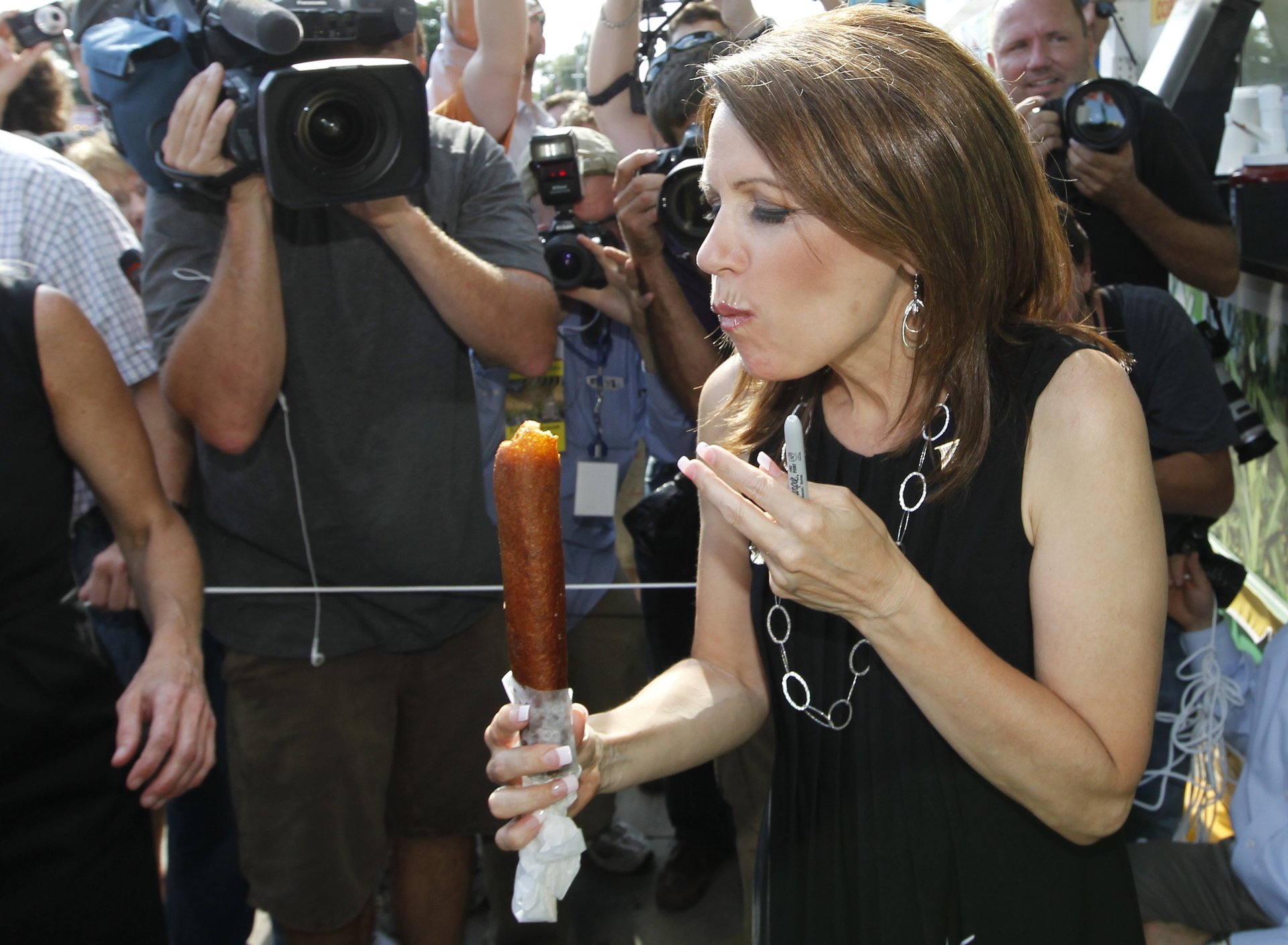Study: Eating ‘on the go’ tricks you into eating more
Grabbing a cereal bar to eat on the way to work may seem like the healthy choice—low in calories! high in protein! not a donut!—but it turns out that you may be better off waiting to eat it until you get to your desk.


Grabbing a cereal bar to eat on the way to work may seem like the healthy choice—low in calories! high in protein! not a donut!—but it turns out that you may be better off waiting to eat it until you get to your desk.
In a new study in the Journal of Health Psychology, researchers at the University of Surrey found that dieters who ate while walking consumed more calories later on than the dieters who ate while watching television or having a conversation. Eating on the go, the study’s authors concluded, may be a real impediment to weight loss, no matter what your handheld food of choice actually is.
To understand the impact that distraction has on eating, the researchers assembled 60 women and gave each a cereal bar. One group ate their bars while watching five minutes of Friends, another ate theirs while strolling through a corridor, and a third ate as they talked with other subjects. Thinking their job was to judge the cereal bar, the participants rated the bars on how they tasted. Afterward, the women were left with some other snacks—M&Ms, carrots, grapes, and hula hoop crisps—that they also were asked to rate.
The results showed that the only real difference in what happened in the snack room was between the women who were consciously watching what they ate, what the study calls “restrained eaters,” and those who weren’t. Among the diet-conscious subjects, the ones who ate the cereal bar while walking consumed the most calories afterward—and specifically the most M&Ms.
The researchers identified several potential underlying causes at work: It’s possible that walking is distracting, and thus the dieter isn’t paying attention to what she eats and is therefore more likely to eat more later. It’s also possible that walking blurs the feeling of satiation, and so the person is still hungry, even after eating. While these things should also hold true in other distracting situations, like watching Friends or socializing, “walking requires more self awareness,” the researchers theorize, and so the distraction level is greater, as are the consequences to one’s diet.
Another theory that will likely resonate with many people: “Walking may have triggered overeating, not due to the exercise per se but to the perception of exercise and a sense of legitimation.” Dieters feel the need to exercise, so when they do even a little bit, they feel entitled to a reward.
The researchers note the limitations of their study: It happened in a lab, not in real life. And forced interactions with strangers are unlikely to influence behavior in the same way as genuine human interaction. Several participants even commented that it was awkward to keep walking past the same people while they ate. Also, even though the test was looking at the impact of distraction on eating that took place later on, the snack portion of the study was done not long after the cereal bar part. Finally, the test was very short—subjects had just five minutes to eat their bars. That’s not a long time to scarf down a cereal bar, but it’s a shorter period than used in other distraction studies.
Still, the results suggest that if you want to lose weight, sit down and enjoy your meal.